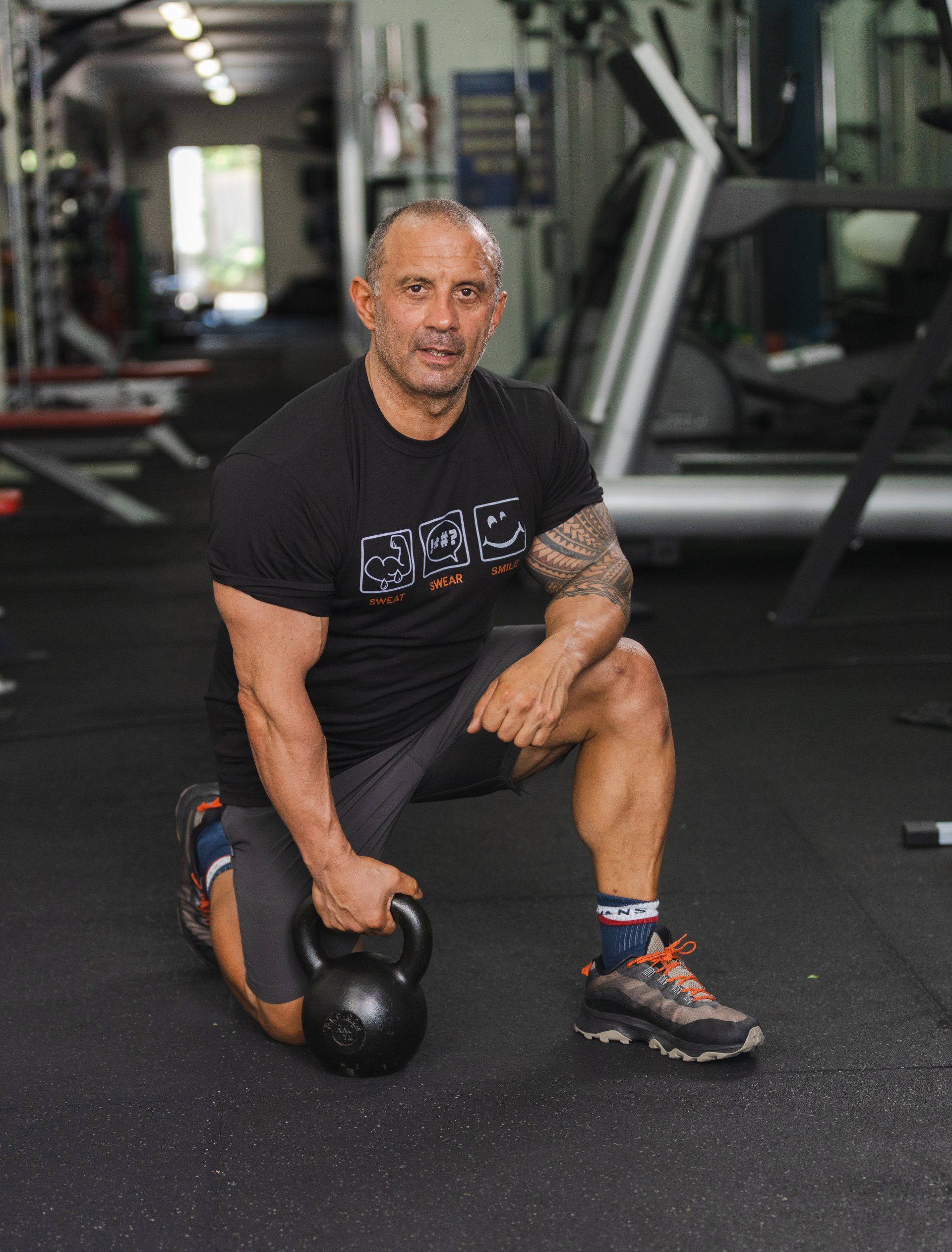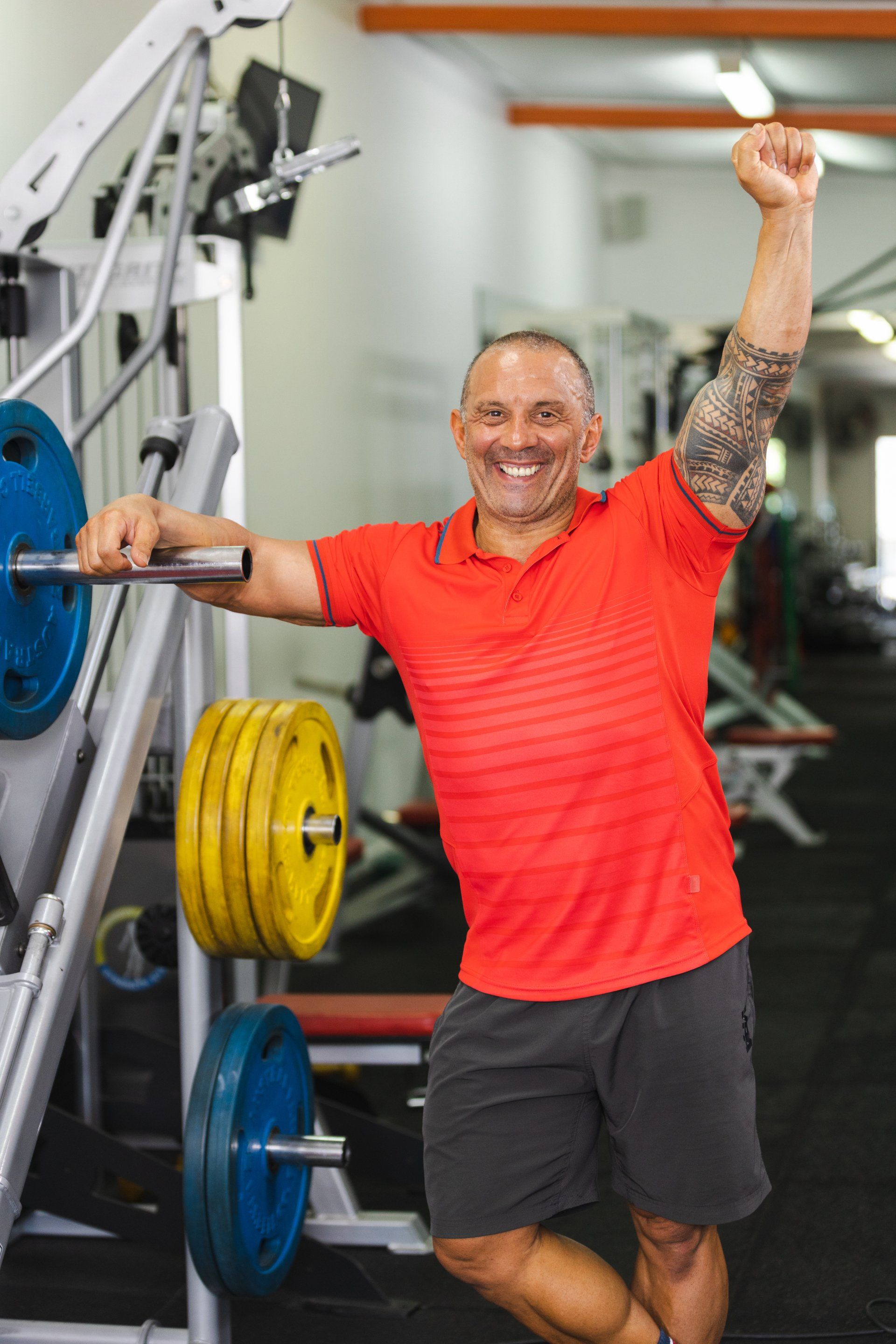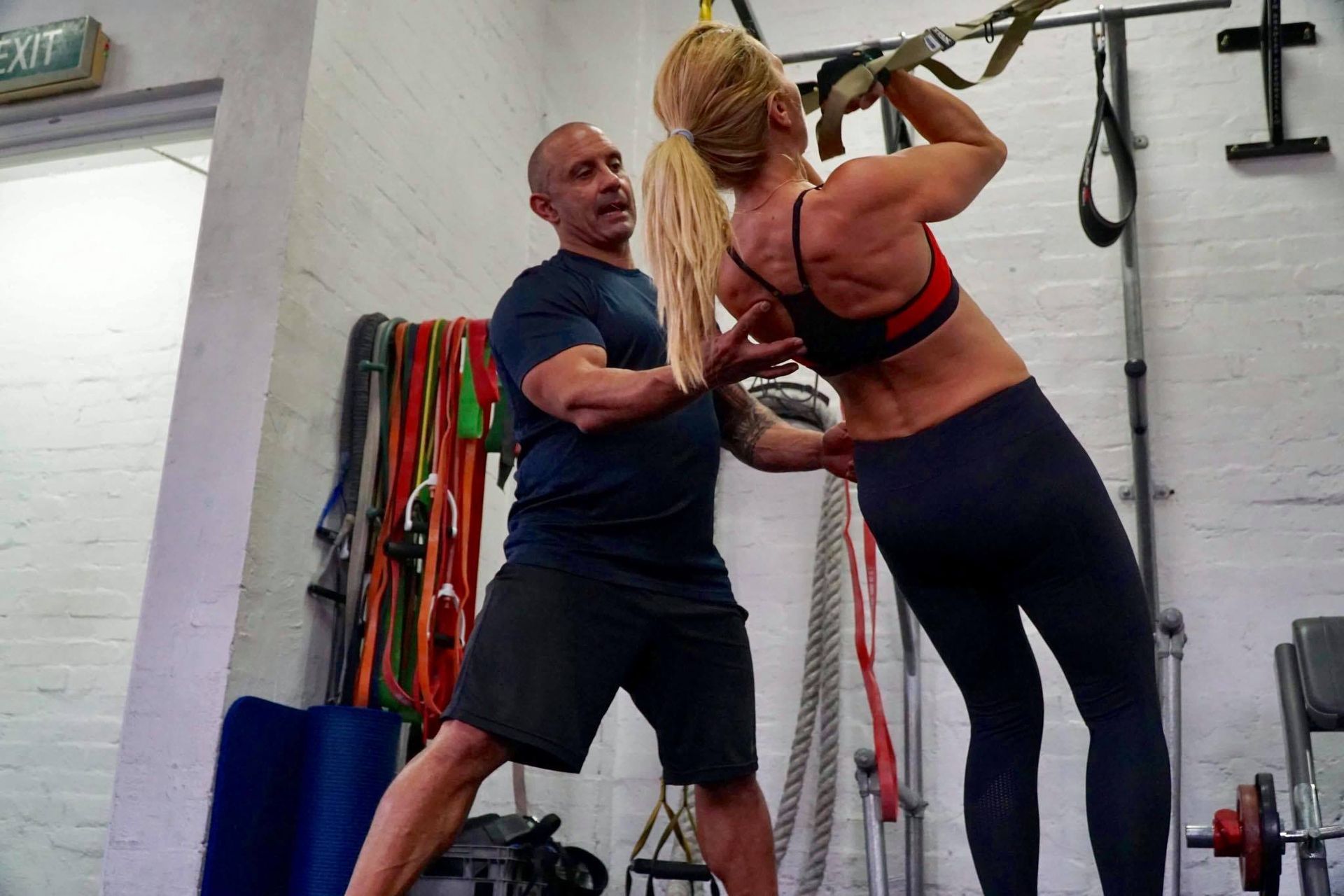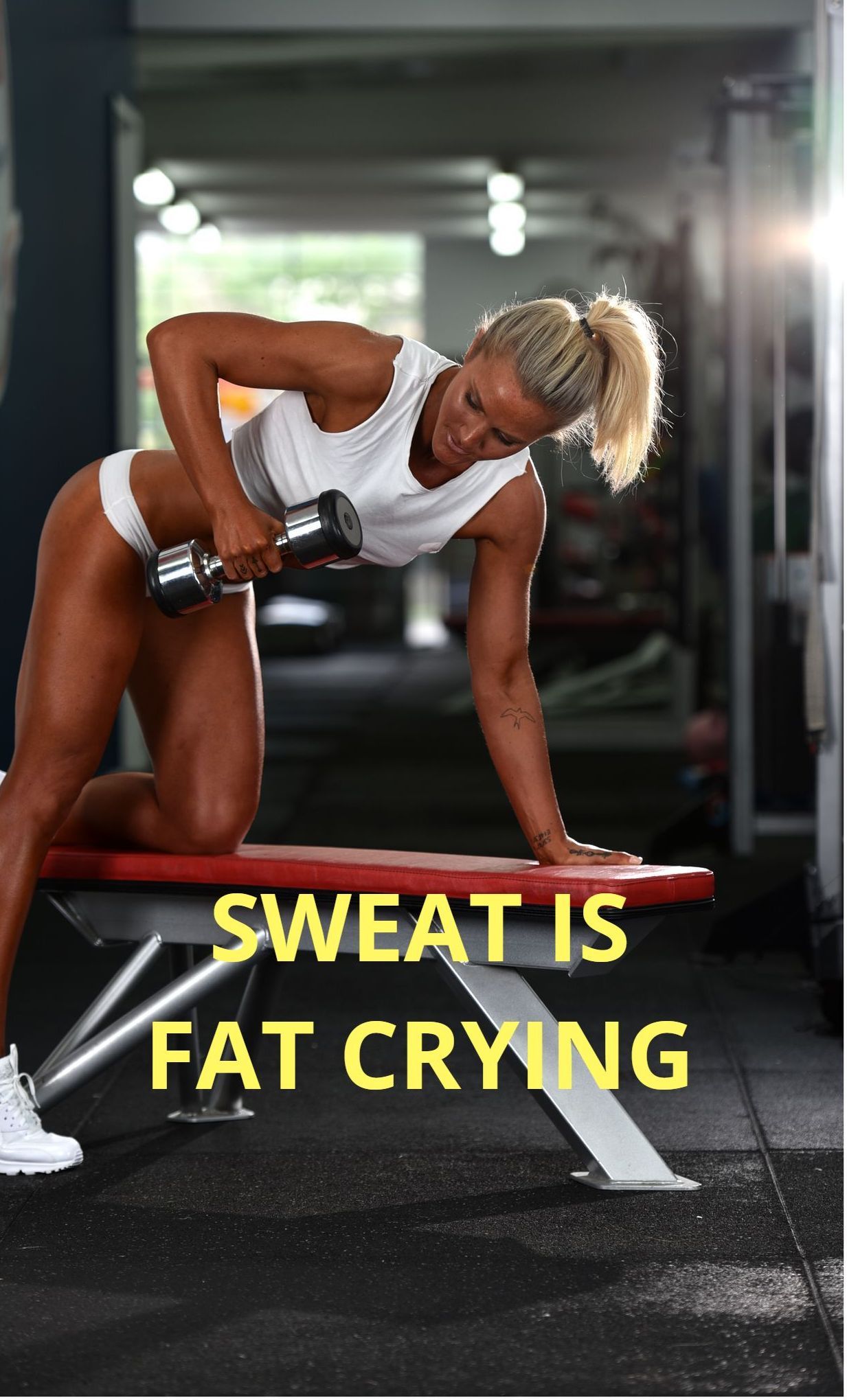WIN THE FOOD BATTLE AT NIGHT
The biggest problem that many people have is winning the food battle at night.

Your body is usually continually active during the day,taking care of things and walking around, but at night, peoplegenerally sit around the house, watch TV, and are basically inactive.Though your metabolism does not slow at night, you are notreleasing many hormones from being active, such as GLUT-4 whichstabilizes your blood sugar. You especially must be careful aboutwhat types of macronutrients you put into your body at night.What time is considered “night”? It dependson your dailyschedule—what time you wake up and what time you go to sleep.However, for argument’s sake, let us say that you start your day at 8AM and get to bed by midnight. Your dinner should occur around6PM, and that should also be the cut-off for all carbohydratesources. You should not take in any more carbs after dinner.Regardless of your hunger, you must control it mentally and forceyourself to abide by this rule. Keep your eye on the prize. In themorning you get to eat a grandiose meal, so just look forward tothat and make sure not to sabotage all your efforts throughout the day. You will thank yourself in the morning because when you goto sleep, you will spend the entire night sleeping without food, andyou will not even have a chance to think about your hunger.Since eating carbs increases glycogen levels, it is important to limitcarb intake at night if you’re looking to burn fat. We want to keepcarbs at a low level, especially when we wake up in the morning, so that fat-burning can resume. Nevertheless,if you are active at night (i.e. if the only time you can exercise is late at night), then you can override this theoryand apply the necessary post-workout principles that will be discussed later.So, what can you consume if you are absolutely starving and need to eat every two hours? Well, since youshould not consume carbohydrates, you must stick to the other macronutrients—protein and healthy fats.You can eat foods like a bowl of cottage cheese, a small handful of almonds, a tablespoonof peanut butter, atablespoon of coconut oil, etc. A small bowl of cottage cheese is your best bet because it has casein protein init, which is a slower digesting form of protein that will release a steady supply of protein to your muscles while you are sleeping.
Cottage Cheese
When you sleep, your body enters a catabolic phase. Yes, you burnenergy even while you are sleeping! Respiration, dreaming, andreparation require energy. The body needs to get the energy storesfrom somewhere. Anytime you go more than four hours without eating,your body begins to break down its muscle stores, so it can use that asits readily available energy. You want to avoid this at all costs.Cottage cheese is filled with casein protein, a slow digesting protein thatwillkeep your muscles supplied with protein throughout the night andprevent this catabolic state. Casein protein stays in your system for hours and gives you a constant supply of protein, which is most ideal when you are sleeping, and your body isdeprived ofprotein.Furthermore, cottage cheese has an extremely high biological value (around 85%), which is ideal for musclegrowth. It is also high in calcium, helping to increase bone strength and density, which is essential in fightingoff osteoporosis.Caveat:Dairy is not the most ideal food to have when wanting to lose weight because it is a known cause ofinflammation. However, because of the probiotic cultures, the benefits outweigh the disadvantages for health,and it is great for muscular growth. You arealso better off with organic products that use whole milk, ratherthan low-fat products which are loaded with rBGH hormones









